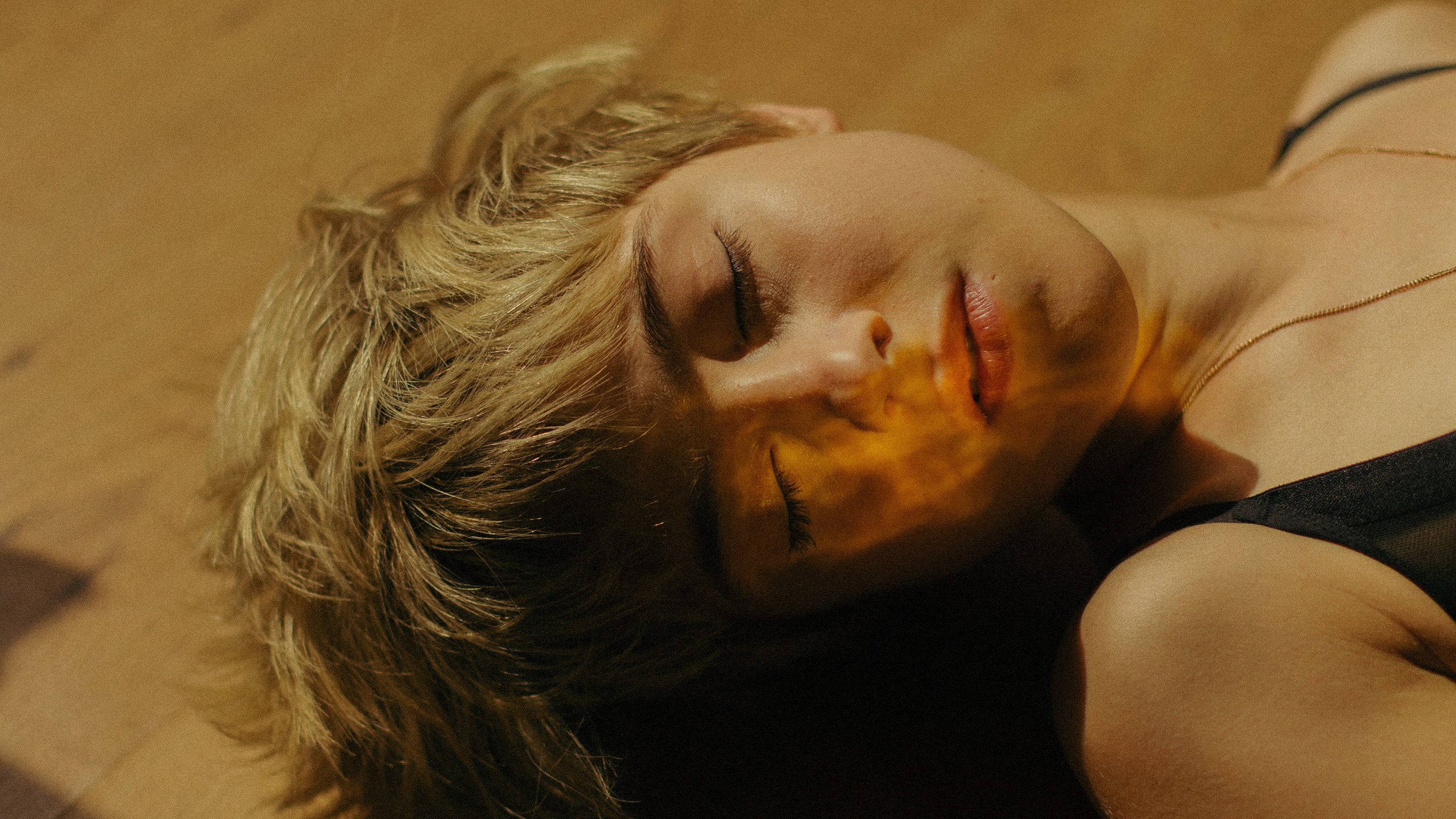
Beauty Sleep – Fact or Fiction: How your sleep affects your skin health
Not getting enough sleep can lead your body to produce more of the stress hormone cortisol. Cortisol is one of the major causes of inflammation in your body, with that inflammation leading to a breakdown in collagen, the connective tissue of your skin and the most abundant protein in the body. Not only is it critical in healthy skin, but it is in fact critical in all healthy tissue throughout your body.
Your body is an amazing engine, and it uses sleep as the mechanism to finely tune everything that is going on at a cellular level. For example, part of this fine tuning is recovery of moisture to your skin while simultaneously processing excess water. Poor sleep = poor water balance which is likely to show up as dull skin, under eye circles or puffiness and more wrinkles, and increased signs of ageing including fine lines, uneven pigmentation, slackening of skin and reduced elasticity.
A comprehensive study by Estée Lauder on 60 women aged 30-49 found that good quality sleepers recovered more efficiently from stressors to the skin. Recovery from sunburn was more sluggish in poor quality sleepers, with erythema (redness arising from inflammation) remaining higher over 72 hours, indicating that inflammation is less efficiently resolved.
A Transepidermal Water Loss (TEWL) test was used at various time points to determine the ability of the skin to serve as an effective barrier against moisture loss. In measurements 72 hours after a skin barrier stressor (tape-stripping), the recovery of good quality sleepers was 30% higher than poor quality sleepers (14% vs. -6%) demonstrating that they repair the damage more quickly.
So how much sleep do you need?
Ideally your nightly sleep should fall around the 8 hour mark. A study into the effects of sleep deprivation on the skin asked participants to sleep for 6 hours / night over the course of 5 nights, with astounding results. Skin pore size increased by 56 percent in number and 83 percent in visibility, 11 percent more spots that were 23 percent more visible and an increase in skin bacteria by 65 percent. Participants also reported a 20 percent decline in self-esteem during the course of the experiment.
Tips for getting your beauty sleep
-
Get outside during the day
Natural sunlight helps your body maintain a healthy circadian rhythm which will help when it is time to head to bed to get some zzzzz’s.
-
Stop with the blue light
Not the disco’s from the 80’s – the stuff your smartphone emits. Blue light prior to bed interferes with your body’s natural sleep pattern.
-
Whoa back on the coffee
Caffeine can stay in your blood stream for 6-8 hours, so a giant latte after 3pm probably isn’t your best choice.
-
Consistency matters
We love a late night and weekend sleep-in as much as the next person, but if you are struggling with sleep, developing a pattern of going to bed and getting up at the same time everyday can be beneficial.
References
- Oyetakin-White P1, Suggs A, Koo B, Matsui MS, Yarosh D, Cooper KD, Baron ED. Does poor sleep quality affect skin ageing? Clin Exp Dermatol. 2015 Jan;40(1):17-22. doi: 10.1111/ced.12455. Epub 2014 Sep 30. Department of Dermatology, University Hospitals Case Medical Center, Cleveland, OH, USA.
- Eric J. Olson MD., ‘How many hours of sleep are enough for good health?’, Mayo Clinic, (2016) http:// www.mayoclinic.org/healthy-lifestyle/adult-health/expert-answers/how-many-hours-of-sleep-are-enough/faq-20057898
- Dr Mercola, ‘Melatonin Regulates Our Cycles, Mood, Reproduction, Weight and May Help Combat Cancer’, Mercola.com (2013) http://articles.mercola.com/sites/articles/archive/2013/10/10/melatonin. aspx
- Anon, ‘Insufficient Sleep Is a Public Health Problem,’ Centers for Disease Control and Prevention, (2015) <https://www.cdc.gov/features/dssleep/>
- HR Colten and BM Altevogt, ‘Sleep Disorders and Sleep Deprivation’, National Academies Press, (2006) https://www.ncbi.nlm.nih.gov/books/NBK19960/
- Kalsbeek, Eric Fliers, Michel A. Hofman, D.F. Swaab, Eus JW Van Someren, R.M. Buijs, Hypothalamic Integration of Energy Metabolism (Royal Netherlands Academy of Arts and Sciences, Elsevier, 2005), 318 – 321
- ‘Esteé Lauder Clinical Trial Finds Link between Sleep Deprivation and Skin Aging’, University Hospitals, (2013), http://www.uhhospitals.org/about/media-news-room/current-news/2013/07/estee-lauder-clinical-trial-finds-link-between-sleep-deprivation-and-skin-aging
- Pittsburgh Sleep Quality Index form, PDF, http://www.psychiatry.pitt.edu/sites/default/files/page-images/PSQI_Instrument.pdf
- Buysse, DJ, Reynolds, CF, Monk, TH, Berman, SR, & Kupfer, DJ, ‘The Pittsburgh Sleep Quality Index (PSQI): A new instrument for psychiatric research and practice’, Psychiatry Research, 28(1989), pp.193-213.
- Dr. Guy Meadows, Does sleep deprivation have any impact on our appearance? (Benson for Beds, 2015) http://www.bensonsforbeds.co.uk/sleep-school/does-sleep-deprivation-have-any-impact-on-our-appearance/



Leave a comment
This site is protected by hCaptcha and the hCaptcha Privacy Policy and Terms of Service apply.